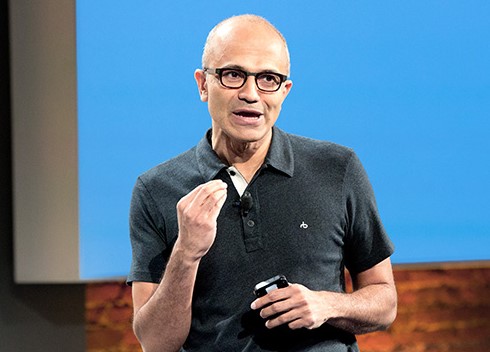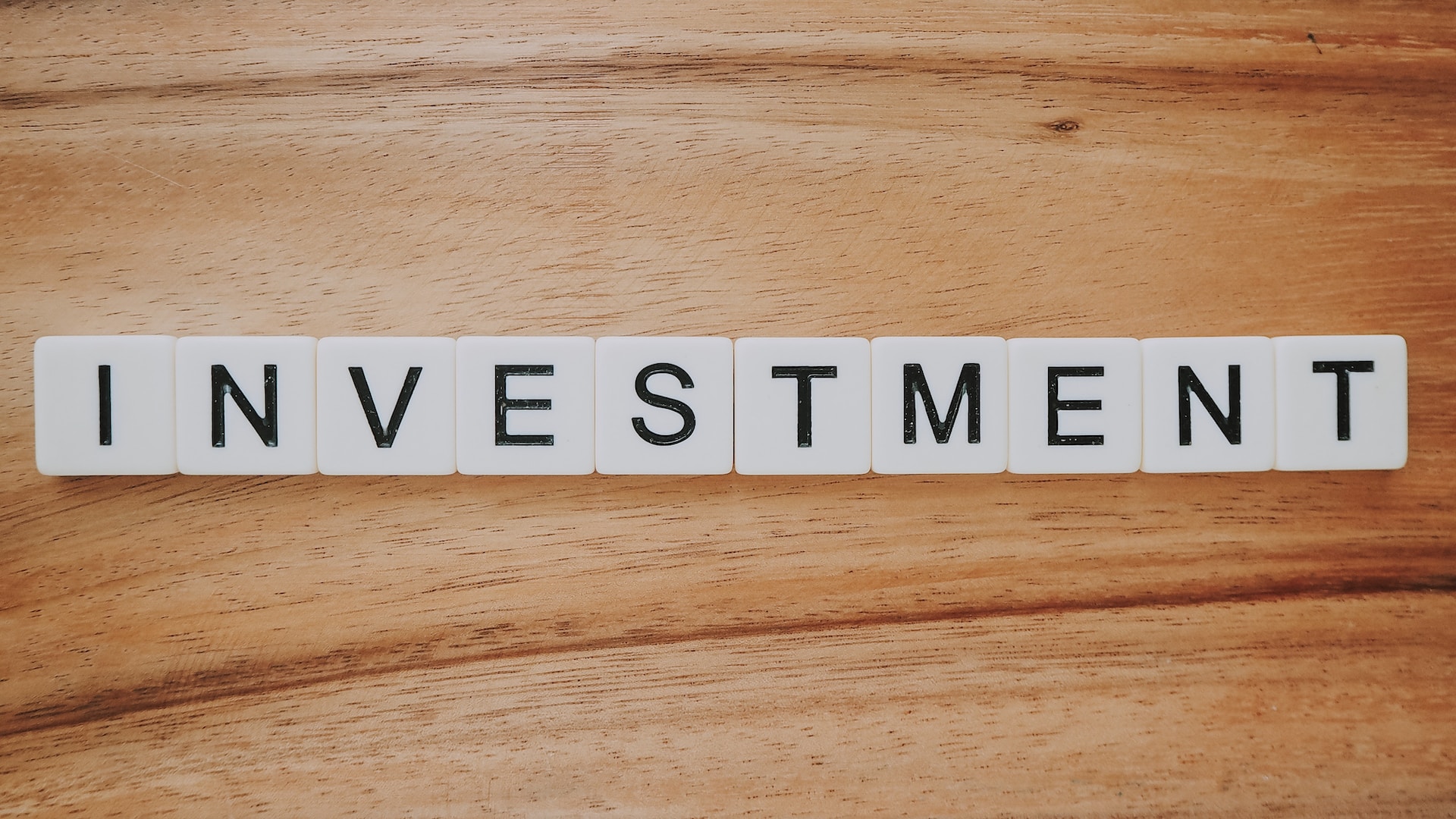My fellow Americans, I find myself compelled to address a matter of grave concern. Our beloved nation, once a beacon of economic strength, now teeters on the brink of a financial abyss. The once mighty U.S. dollar is under threat, and the culprit is our own government’s reckless spending.
This is not a hypothetical scenario. We are caught in a vicious cycle, a “doom loop,” where unchecked government expenditure fuels rampant inflation, eroding the purchasing power of the U.S. dollar. The evidence is all around us – soaring grocery bills, escalating fuel prices, skyrocketing college tuition, and the increasingly elusive dream of home ownership.
As an immigrant from Britain, who arrived in the U.S. in 1987 with a mere $150 in my pocket, I have a deep appreciation for the opportunities this country offers. American capitalism allowed me to realize my dream of working in the financial markets and to become a self-made multimillionaire. My love for America is profound, but my disappointment in its government is equally so.
Our government is $33 trillion in debt, a staggering sum that equates to over $100,000 for every American citizen. This is the legacy we are leaving for our children and grandchildren, a burden borne of fiscal irresponsibility.
The solution to our debt crisis is not a popular one. It would require serious austerity measures, including cuts to welfare and increased taxes. But such a platform is unlikely to win elections, and so, the cycle continues.
The U.S. government cannot go bankrupt, thanks to the Federal Reserve’s ability to print more money. But this is a double-edged sword. While it allows the government to pay down its debt, it also fuels inflation and further erodes the value of the dollar. This is the “doom loop” in action.
Despite my criticism of our government’s fiscal policies, my faith in America remains unshaken. The strength of this nation lies in its people and their desire for freedom – the freedom to protect and provide for their families, to create wealth, and to seek a dignified retirement.
However, there are those in power who seem to disregard these values. They are more interested in maintaining their own power and enriching themselves at the public’s expense. They devalue our dollars without a second thought, seemingly immune to the consequences of their actions.
The impact of their policies is not theoretical. We are on the brink of a financial crisis akin to the Great Inflation of the 1970s. Back then, the purchasing power of the dollar was halved in a decade. Today, with our debt-to-GDP ratio nearly four times what it was in the 1970s, the potential for loss is even greater.
Our global trading partners are losing faith in the U.S. dollar. Countries like China, Japan, Russia, Brazil, India, and Saudi Arabia are divesting from the dollar, leaving our government with only one option to cover its debt: print more money.
The consequences of this policy will be devastating for the value of the dollar. Traditional safe havens like gold, real estate, and stocks will not be able to keep pace with the rapid devaluation of the dollar.
However, there is a new asset class that offers a potential solution: Bitcoin. Born out of the 2008 financial crisis, Bitcoin is a tool of financial freedom. It operates on a peer-to-peer network, free from government interference, and its supply is limited by design.
As governments around the world impose their will on their citizens, digital currencies like Bitcoin offer a way to reclaim financial freedom. I believe that demand for Bitcoin will skyrocket, potentially reaching $500,000 in the coming years. This represents a 1,277% gain from today’s price.
In addition to Bitcoin, there are other cryptocurrencies, or altcoins, that offer similar potential for growth. I recently shared details about five such cryptos that could turn a small investment into a substantial nest egg.
As we face another round of rampant money printing, these cryptocurrencies could provide a financial lifeline. While others struggle to maintain their standard of living, those who invest in these coins could thrive.
The sad reality is that our voices seem to fall on deaf ears in Washington. But we are not powerless. We live in a country built by individuals who freed themselves from oppression. We must take it upon ourselves to protect our financial futures.
Remember, we are a nation of self-starters, not dependents. Let’s take control of our financial destiny. Let the game come to you!
Let us know what you think, please share your thoughts in the comments below.
















